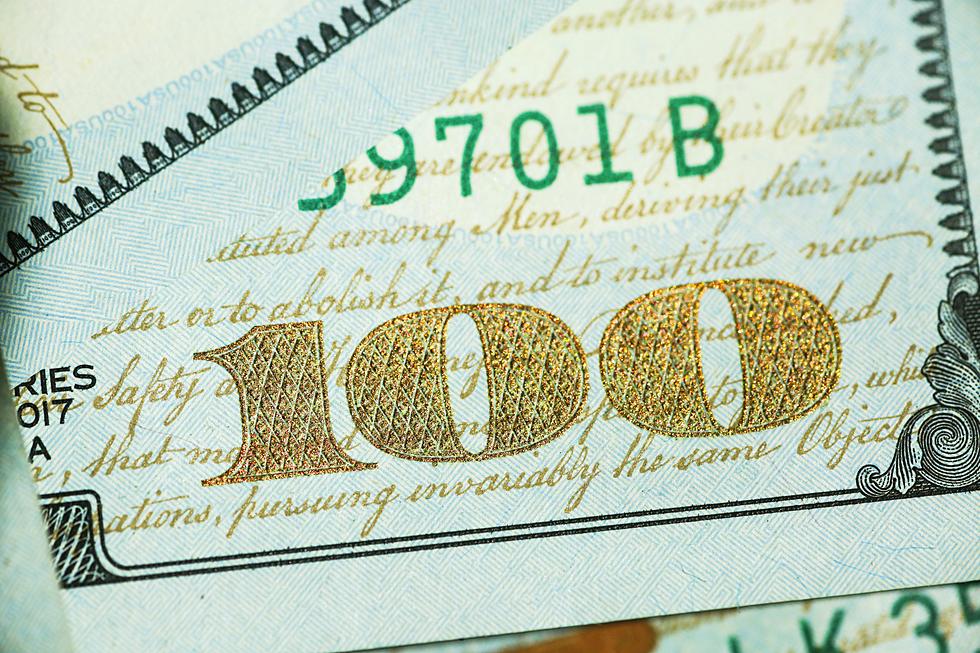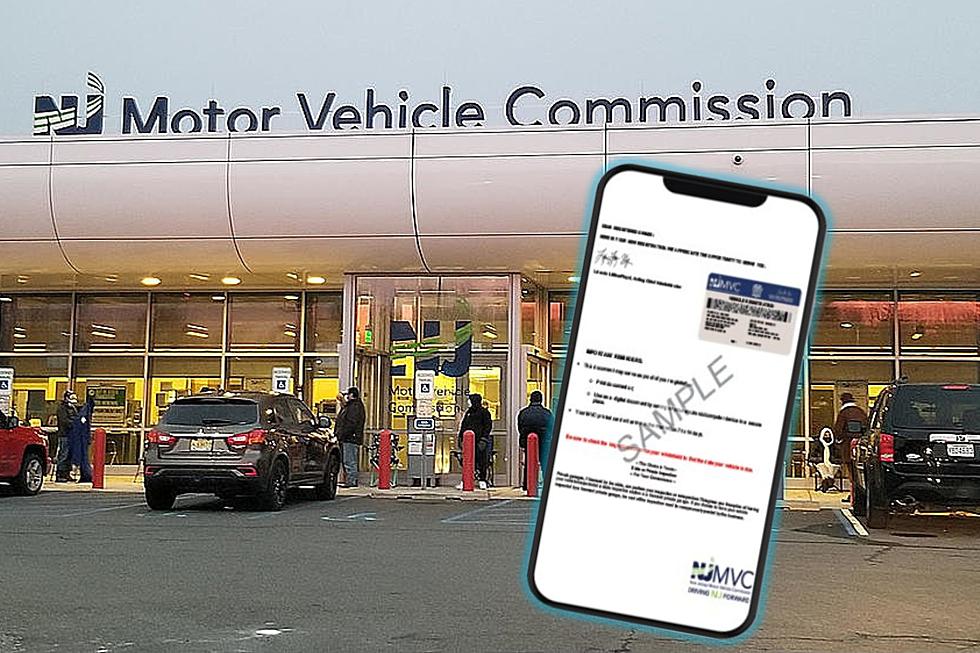
It’s official: NJ borrows $4.3 billion to balance its 2021 budget
TRENTON — State officials approved borrowing nearly $4.3 billion to balance the state budget Wednesday, allowing the Murphy administration to make up for revenues lost due to the coronavirus pandemic and forecast a year-end fund balance of $2.5 billion.
The borrowing, allowed during an emergency through a clause in the state constitution, includes $3.672 billion in principal and a $600 million premium. The general obligation bonds are being sold through the private market, not a temporary program that was established by the Federal Reserve in response to COVID-19 disruptions of the financial markets.
The state will make interest-only payments in 2021 and 2022. Analysts at Fitch Ratings say it will then face annual debt service payments on the bonds of just over $500 million a year for 10 years.
The maximum amount the state was reduced by $398 million because the state’s revenue forecast has improved since September.
State Sen. Declan O’Scanlon, R-Monmouth, said the state has been repeatedly too pessimistic about its revenue outlook during the pandemic and should have waited longer to see how tax collections unfold.
“You don’t want to go borrowing money that you demonstrably don’t need, certainly not right at this point,” O’Scanlon said. “We’ve made the case continuously that you shouldn’t be borrowing money to add it to your surplus.”
O’Scanlon noted that the Treasury Department had initially indicated it would sell at least some of the debt to the Federal Reserve so it could be repaid more quickly if revenues exceed expectations or the state receives another round of federal aid. The terms of the borrowing don’t allow early repayment.
“By failing to tighten our belts, by failing to get our fiscal house in order and use the pandemic to help spur us on to do that, we send a really bad message to the markets,” O’Scanlon said. “We’ve already seen a credit downgrade as a result of sending that bad message.”
“It’s bad fiscal policy, and it worries me,” he said. “It’s the wrong policy at the wrong time for the wrong reason.”
The state had priced the bonds Tuesday, even though the transaction couldn’t be officially approved until Wednesday by the state, because of the amount of interest from lenders.
“We are extremely pleased with today’s outcome,” said State Treasurer Elizabeth Maher Muoio. “We believe the significant oversubscription we witnessed and the favorable interest rate we received is a sign that investors have faith in New Jersey’s fiscal outlook.”
The total interest cost on the borrowing will be 1.94%, Treasury Department officials said.
Amanda Del Bene, a managing director for Raymond James & Associates, said at a New Jersey State League of Municipalities conference session about government finances that there has been strong investor demand for municipal bonds in New Jersey.
“The state went out yesterday with their G.O. COVID-19 emergency bonds, it was $3.8 billion, and they received investor demand we’re hearing for $38 billion,” Del Bene said. “The demand was incredible.”
Matthew Jessup, an attorney with McManimon Scotland & Baumann, said it is noteworthy that the borrowing was 10-times oversubscribed.
“From my perspective that’s staggering, only in the sense that it’s just telling of how much demand is there. And I mean, look, the state credit is not pristine, right? Trying to say it nicely,” Jessup said. “And I know there have been challenges in getting certain state deals done in the somewhat recent past.”
Del Bene said that after the 2017 federal tax law changes that eliminated many other federal tax exemptions, investors have found an outlet through tax-exempt municipal bonds.
“There’s a lot of money that’s looking to get invested, but it’s worth noting that these are general obligation bonds of the state. And the state generally issues very few general obligation bonds. Most of their debt is done on a subject to appropriation basis, so it’s less secure than the GO of the state,” Del Bene said.
“So this is sort of what we would call a museum piece in terms of the fact that you’re able to get GO debt,” she said. “It’s rated one notch above what their subject to appropriation debt is. And I think that 90% of their debt is subject to appropriation. So I do think it’s a factor of investors being able to diversify their New Jersey holdings while still holding state paper. I think that that’s a big part of it.”

LOOK: See what Christmas was like the year you were born
More From WPG Talk Radio 95.5 FM










